THEORETICAL AND HISTORICAL ASPECTS OF PEDAGOGY
Echkalo Y.V.
Tools of computer simulation in learning physics ![]()
Zarya L.A.
Scientific and pedagogical solving of the issues of forming interest in music ![]()
Modlo E.O.
Competence of bachelor in electromechanics in simulation ![]()
Nevmerzhytska O.V.
Education of personal values in the era of cultural changes ![]()
Olishkevych S.V.
Interpretation of «charakter education» notion in american pedagogical literature ![]()
ISSUES OF TODAY’S SOCIAL PEDAGOGY
Bondarenko Z.P.
The formation of a healthy lifestyle of students as a psychological and pedagogical problem of a higher school ![]()
Karpenko O.J.
Legal principles of development guardianships children in Poland (1945–1961 years) ![]()
Nikolenko L.M.
The environment of social interaction in public student association ![]()
THEORETICAL FOUNDATIONS OF CORRECTION PEDAGOGY AND EDUCATION
Gladush V.A., BaranetsYa.Yu.
Revisiting the question of professional competence formation of an inclusive institution teacher ![]()
THEORETICAL AND METODOLOGICAL FOUNDATIONS OF PROFESSIONAL EDUCATION
Borysova A.А.
The leading principles of forming the methodological competence of future higher school teachers in their graduate courses ![]()
Vashchylo O.V.
Methodological principles of the esp monologue speech teaching to ma students majoring in mechanical engineering ![]()
Volkova N.P., Batrachenko I.G.
Reflection formation of master students majoring in pedagogy of higher school in the course of their professional training ![]()
Girich Z.I.
Design features of tests oriented at Turkic-speaking audience ![]()
Yevsyukov A.F.
The efficiency of self-education process of future teachers of higher agricultural schools in graduate ![]()
Zavhorodnia A.I.
System constituent categories of economic competence ![]()
Korzh O.Yu., Korchikova I.V.
Psychological faktors of students’ attitude to pedagogical process ![]()
Manokhina I.V.
The issue of social pedagogues’ professional training in scientific studies ![]()
Martynenko M.Y.
Тhe culture of independent study of future economists: the assessment criteria ![]()
Mijlik О.А., Pliuschai А.А., Оnischenko М.Y.
Methodological recommendations of work with a thematic text at the advanced level of learning a foreign language ![]()
Pejcheva O.O., Kelembet R.V.
The essence of interpersonal interaction between subjects of the learning process is described in the article ![]()
Raykhman E.I.
Future masters’ research work of pedagogical education as pedagogical phenomenon ![]()
Romanyuk S.M.
Distance learning in teaching English in the process of future lawyers’ professional training: current state and prospects ![]()
Tarnopolsky O.B.
Designing an intermediate course of English when teaching adults who learn it outside universities’ language programs ![]()
Ternavs’ka L.M., Shauerman O.A.
Lexical Competence Formation in Students of Non-linguistic Specialties by Means of English Phraseology ![]()
Trishkina N.I.
New approaches to the formation of trade and economic profile experts’ professional competence ![]()
Chekhovska M.V.
The modern system of higher pedagogical education in the republic of Bulgaria:experience in reforming ![]()
STATE-OF-THE-ART TEACHING/LEARNING TECHNIQUES IN HIGHER EDUCATION
Gaidar M.M.
Developing philology students educational autonomy by means of project method ![]()
Glazkova I.Ya.
Strategy of conflict prevention between subjects of educational process at universities ![]()
Lugantseva O.G.
The training cycle as a structural element of the training learning technology ![]()
Striuk A.M., Rassovytska M.V.
The use of cloud computing in blended learning of informatics by engineering students ![]()
INNOVATIVE APPROACHES TO TEACHING METHODS IN HIGHER EDUCATION
Bilous O.S.
Systemic approach in forming future teachers’ creative activities ![]()
Drach A.S.
Hyperfiction: the ambiguities of non-linear text ![]()
Kabanova M.R., Chernyak N.A.
Professional orientation forming of future psychologysts and interactive technologies in their training ![]()
Kladkova T.A.
Оbjects of assessment of future psychologists’ English speech competences ![]()
Makarova K.G.
The use of game technologies in the process of forming the culture of business communication for future translators ![]()
Olkhovska A.S.
The Course «Factors of Successful Employment» in the Structure of the Vocational Training of Translators ![]()
Rozumna T.S.
Characteristic features of communicative competence in interactive teaching of foreign communication ![]()
MANAGERIAL AND PEDAGOGICO-PSYCHOLOGICAL ASPECTS OF EDUCATION



